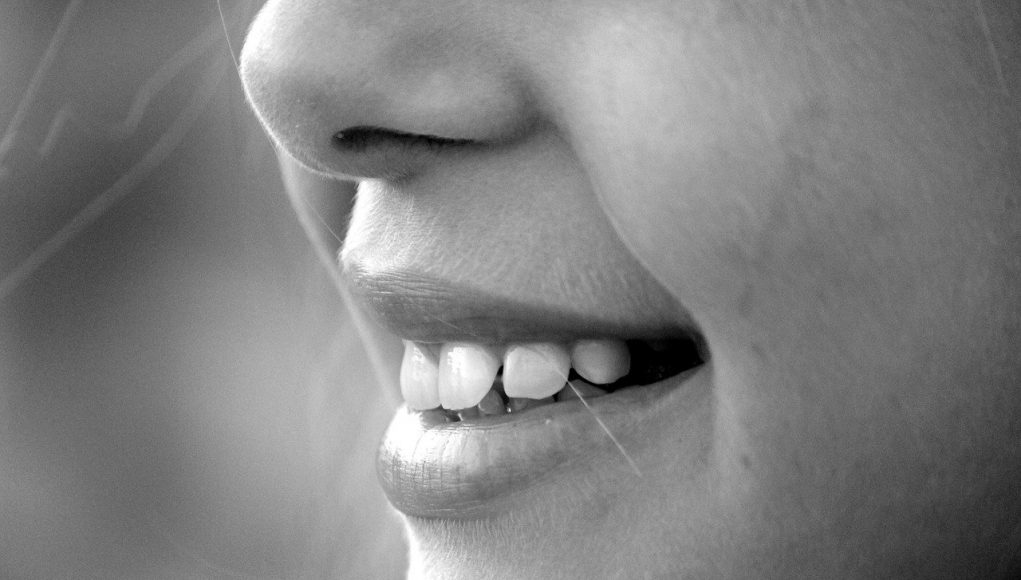Published in mBio, the latest of the series of studies, discussed the unique oral microbiome found in vapers, highlighting that is a less healthy one than that of non vapers and non smokers, but a healthier one than the one found in cigarette smokers.
“To our knowledge, this is the first longitudinal study of oral health and e-cigarette use. We are now beginning to understand how e-cigarettes and the chemicals they contain are changing the oral microbiome and disrupting the balance of bacteria,” said Deepak Saxena, who led the research with Xin Li, both professors of molecular pathobiology at NYU College of Dentistry.
The study consisted of 84 adult participants who were in one of three groups: cigarette smokers, e-cigarette users, and people who have never smoked or vaped. All participants had some level of gum disease at the start of the study, with cigarette smokers having the most severe disease, followed by e-cigarette users. After a six month follow-up, found the researchers, gum disease had worsened in some participants in each group, including in the vapers’ group.
Smokers urged to minimize the risk of oral cancer by switching to safer alternatives
Meanwhile, a Philippine dental expert has urged smokers to switch to vaping products or other e-cigarettes such as heated tobacco products (HTPs) as a “harm reduction measure,” as they minimize the risk of oral cancer.
“We warn our patients who are smokers that smoking is the leading cause of oral cancer and strongly advise them to quit smoking. For those who cannot or do not want to quit smoking by themselves or with currently approved methods, we convince them to switch to non-combustible alternatives,” said Fernando Fernandez, president of the Philippine College of Oral and Maxillofacial Surgeons (PCOMS) during the Scientific Conversations on Tobacco Harm Reduction, recently held in Taguig City.
Fernandez, who is the former president of the Philippine Dental Association, said that encouraging patients to switch to the safer alternatives is a better strategy “than watching our patients who smoke die of oral cancer.” He went on to cite studies by Public Health England and the UK Parliament Science and Technology in the UK indicating that vaping “opportunity to significantly accelerate already declining smoking rates.”
Data confirms an improvement in oral health
In line with Fernandez’s recommendations, a 2017 study looking at the oral condition of real-world vapers who had just switched from smoking, indicated that the shift to the safer alternatives greatly improved their oral health.
Carried out at the Unit of Periodontology and Oral Hygiene of Calabrodental Clinic in Crotone Italy, and published in NCBI, this clinical observational study had analyzed the oral health of 110 smokers who had just switched to vaping.
At the start of the study, 61% in group 1 and 65% in group 2, experienced gum bleeding, when re-examined at the end of the study, 92% and 98% respectively, experienced no bleeding.
When examined at the start of the study, 85% of group 1 had a plaque index score of 1 out of 3, with only 15 of them having no plaque at all. For group 2, three-quarters of the participants had a plaque index of 2 and none of them had a 0 plaque score. When examined again at the end of the study, 92% of group 1 and 87% of group 2, boasted plaque scores of 0.
With regards to gum bleeding, at the start of the study, 61% of participants in group 1 and 65% of those in group 2, experienced bleeding when poked with a probe. Subsequently, when re-examined at the end of the study, 92% of those in group 1 and a total of 98% of the participants in group 2, experienced no bleeding when probed.
Read Further: Science Daily












